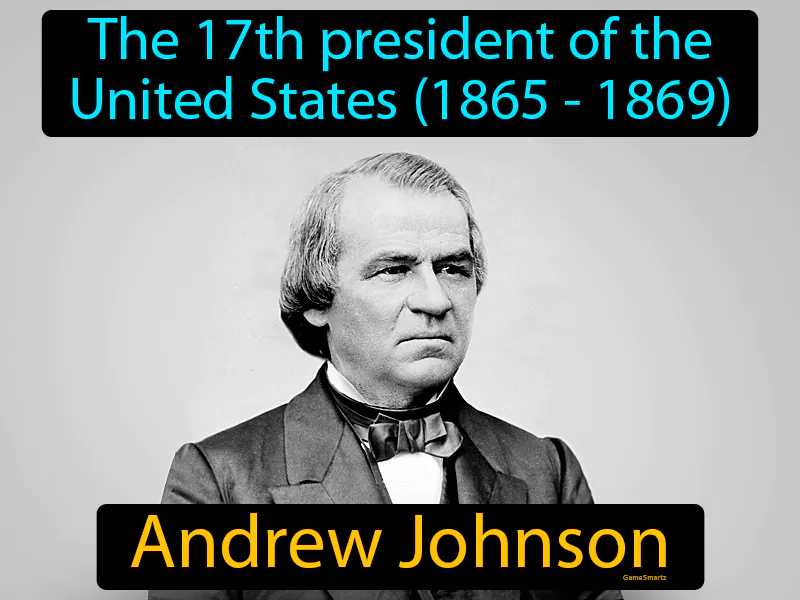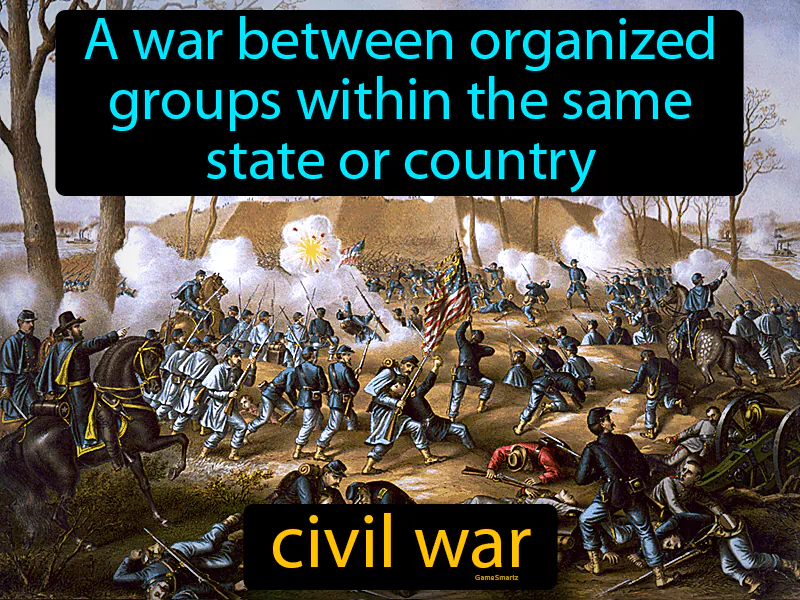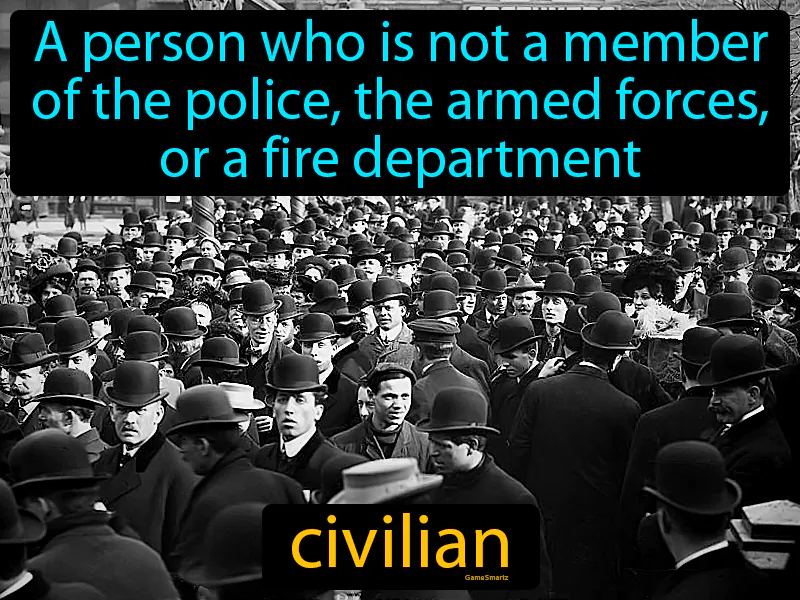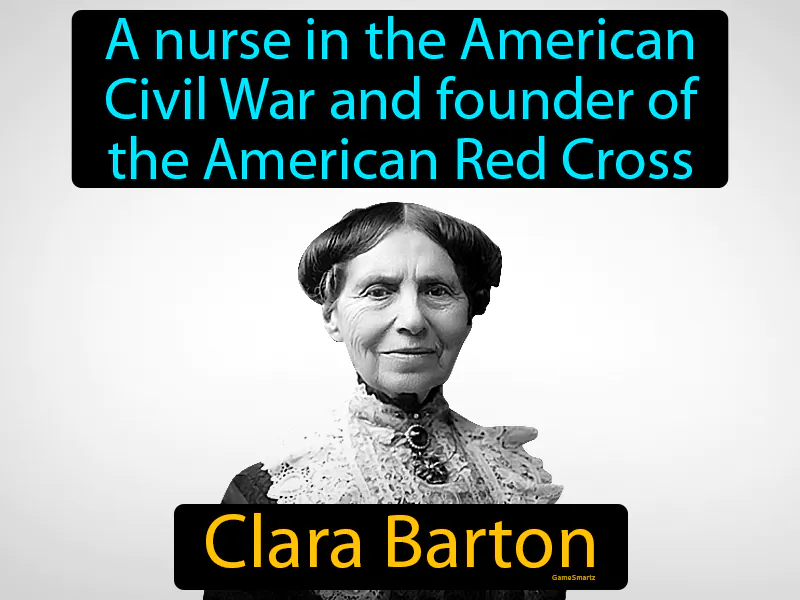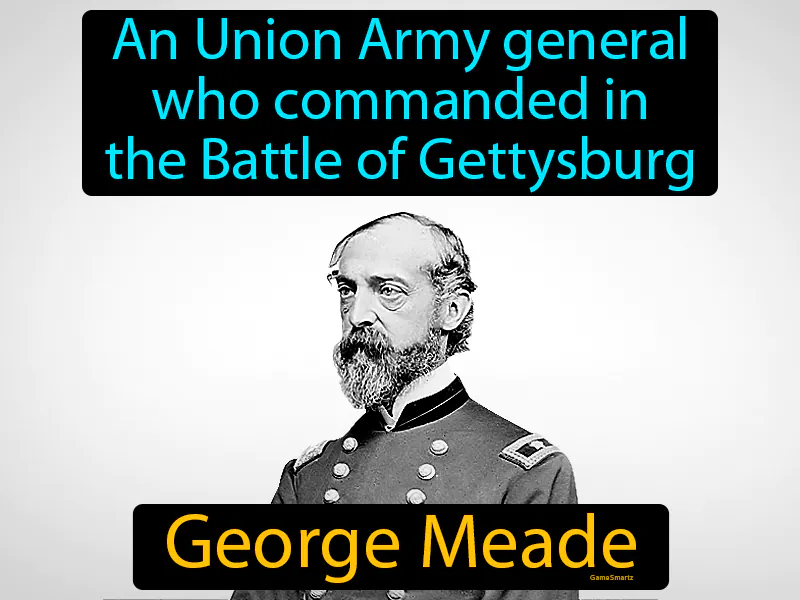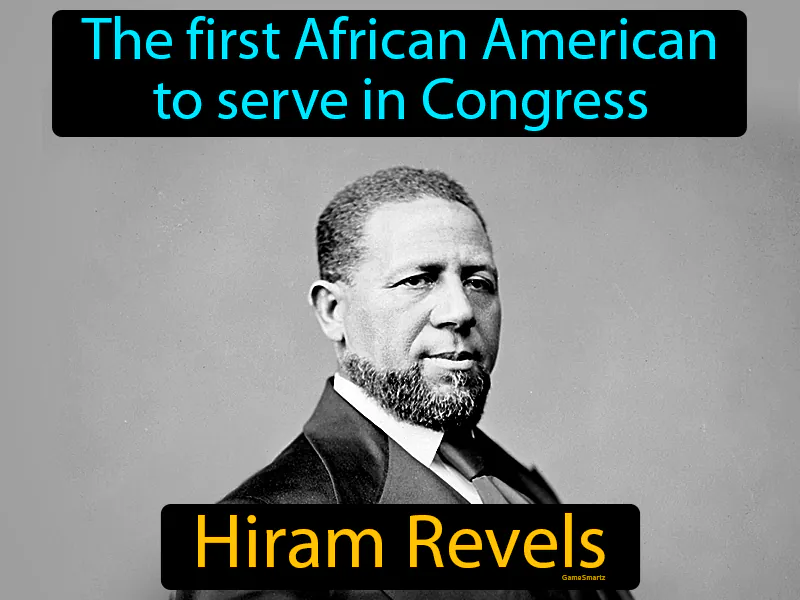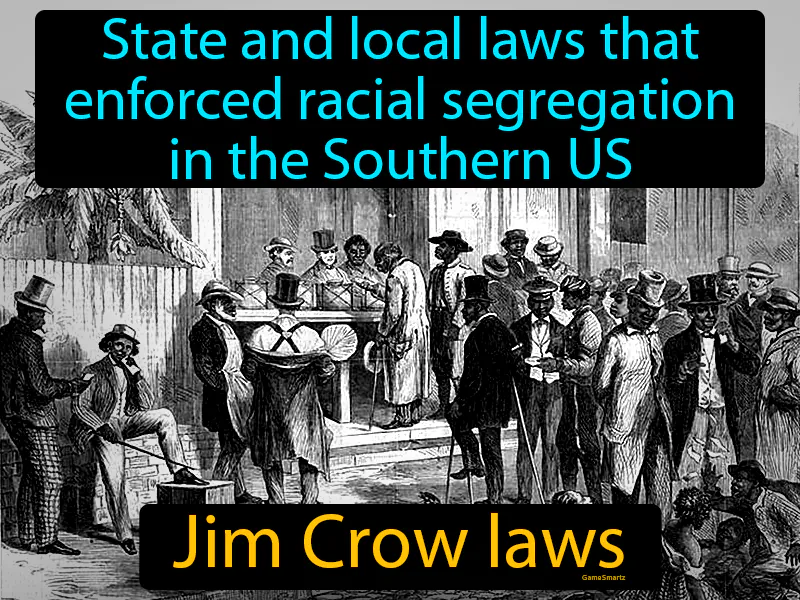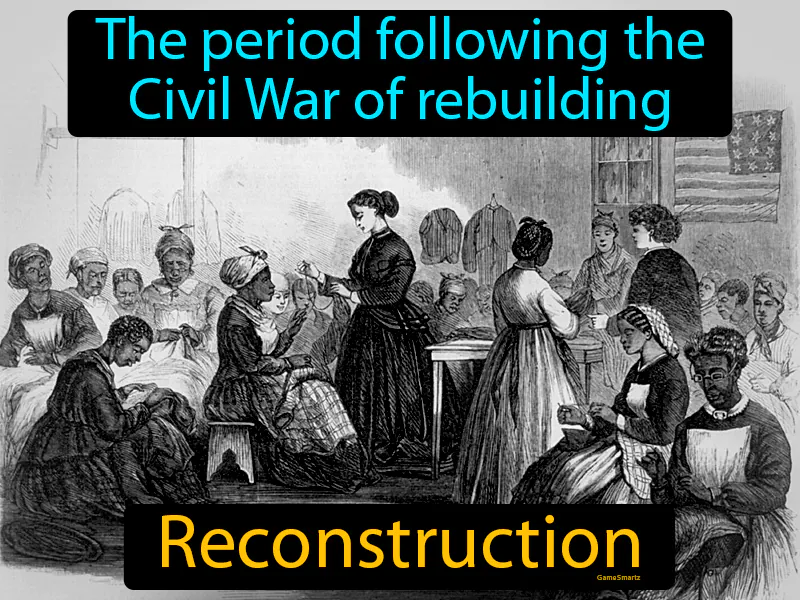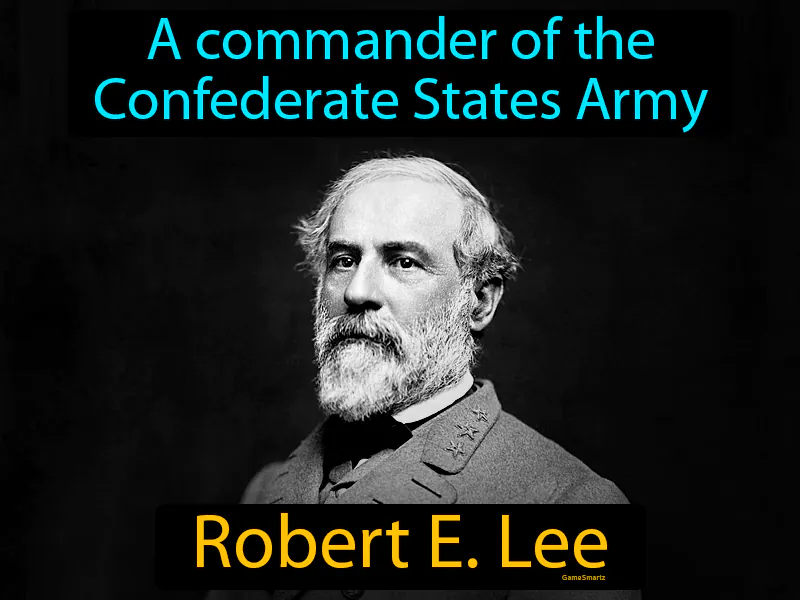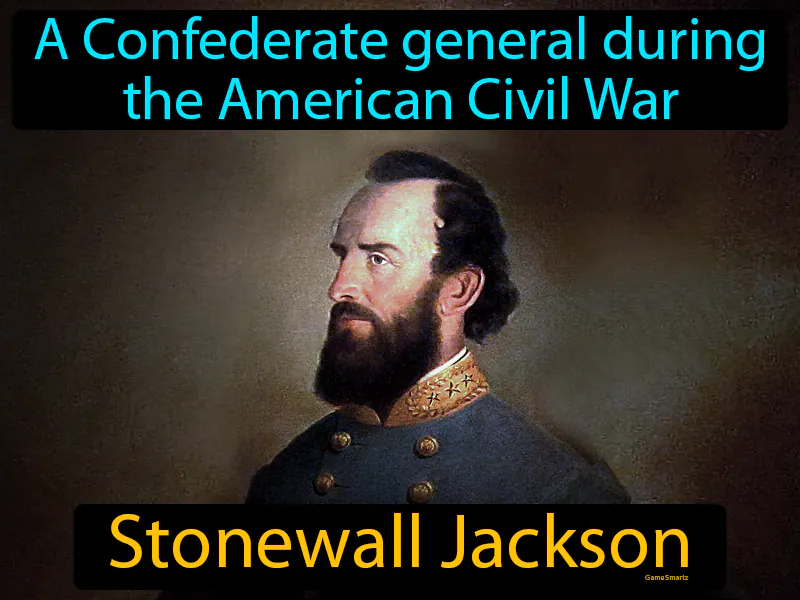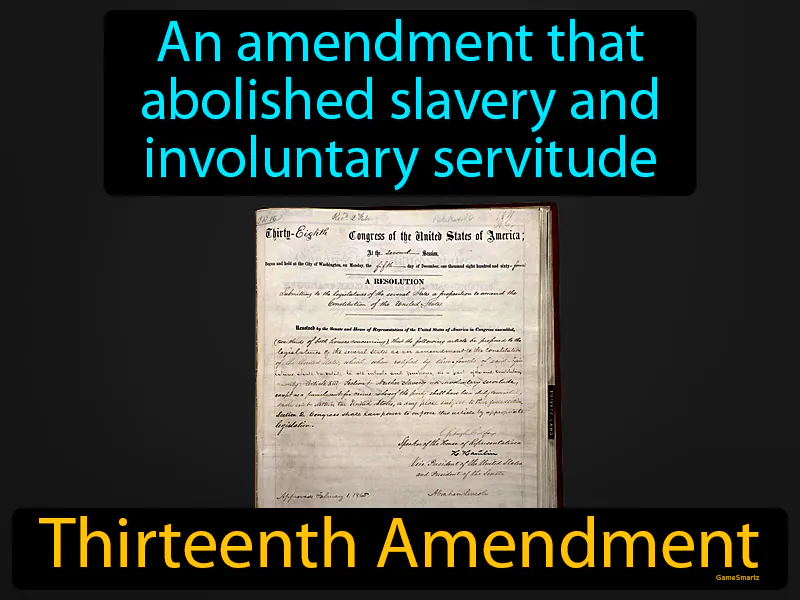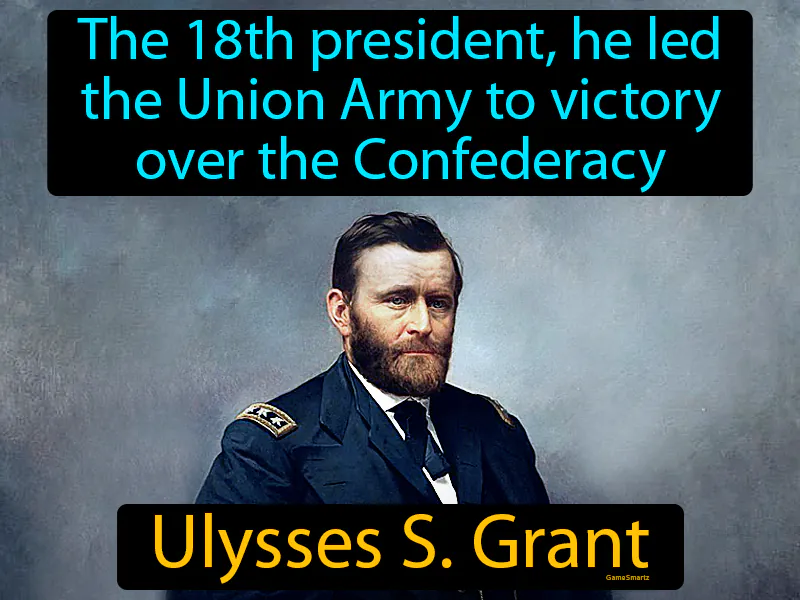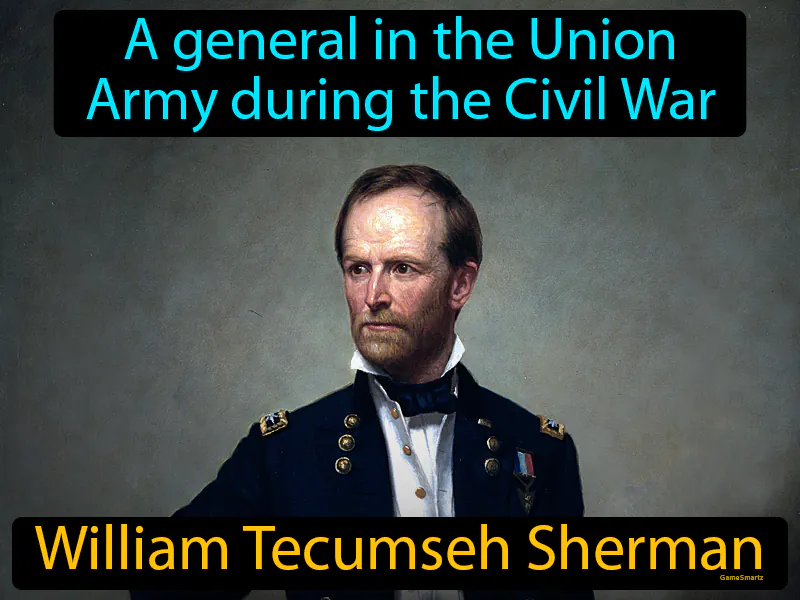The Civil War and Reconstruction
History
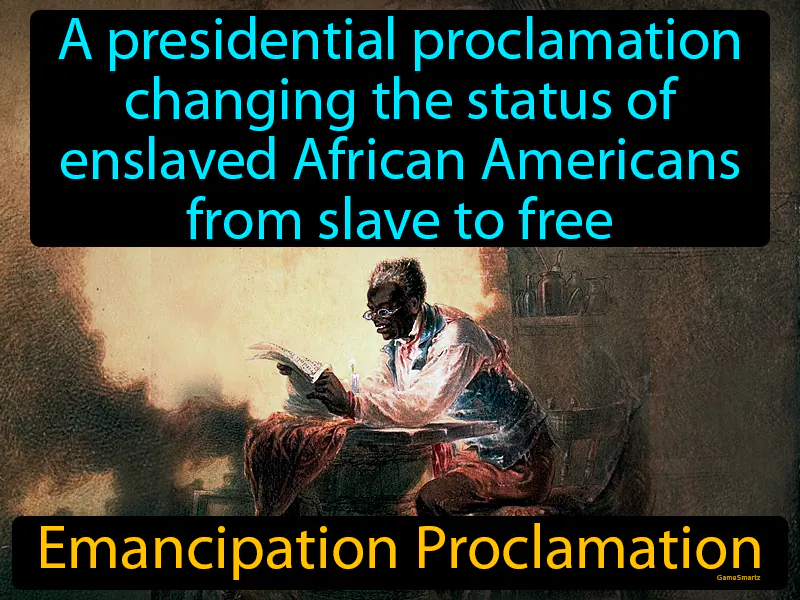
A presidential proclamation changing the status of enslaved African Americans from slave to free
Emancipation Proclamation
A presidential proclamation changing the status of enslaved African Americans from slave to free. Emancipation Proclamation. The Emancipation Proclamation was an order by President Lincoln in 1863 that declared slaves in Confederate states to be free.
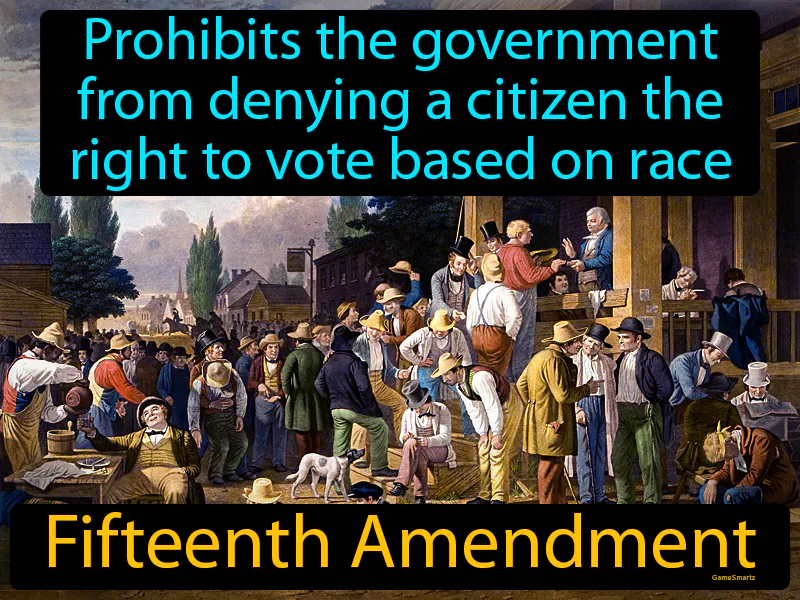
Prohibits the government from denying a citizen the right to vote based on race or color
Fifteenth Amendment
Prohibits the government from denying a citizen the right to vote based on race or color. Fifteenth Amendment. The Fifteenth Amendment, adopted in 1870, gave African American men the right to vote in the United States.
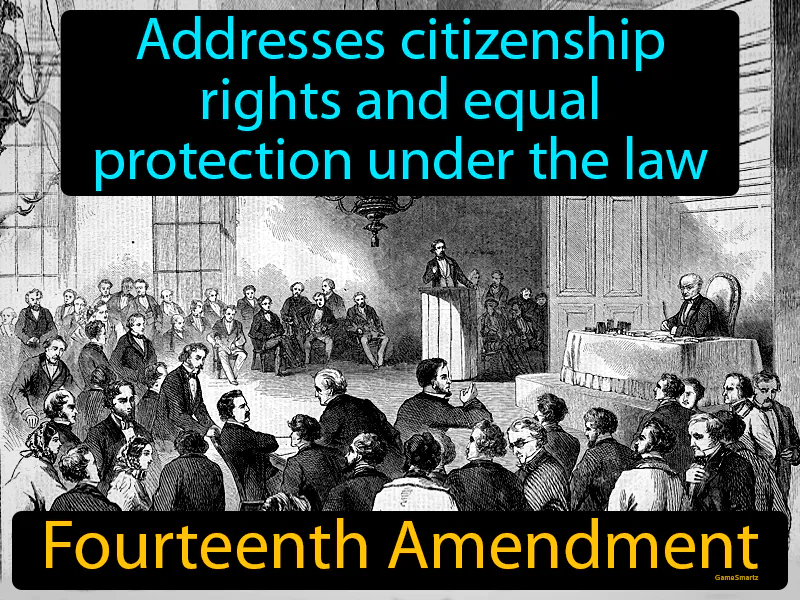
Addresses citizenship rights and equal protection under the law
Fourteenth Amendment
Addresses citizenship rights and equal protection under the law. Fourteenth Amendment. The Fourteenth Amendment is a change to the U.S. Constitution that ensures everyone born in the United States has the same rights and legal protections.
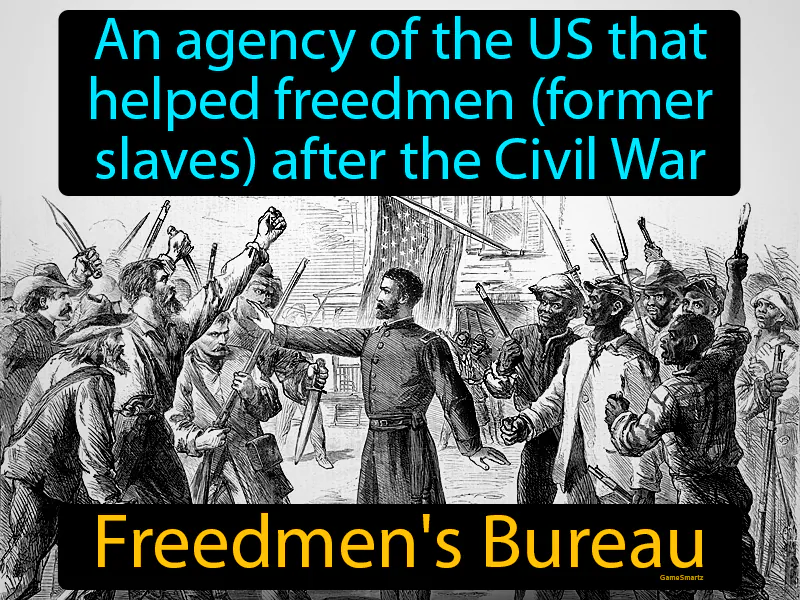
An agency of the US that helped freedmen (former slaves) after the Civil War
Freedmens Bureau
An agency of the US that helped freedmen former slaves after the Civil War. Freedmen's Bureau. It was a government agency that provided assistance, such as education and housing, to former slaves after the Civil War.
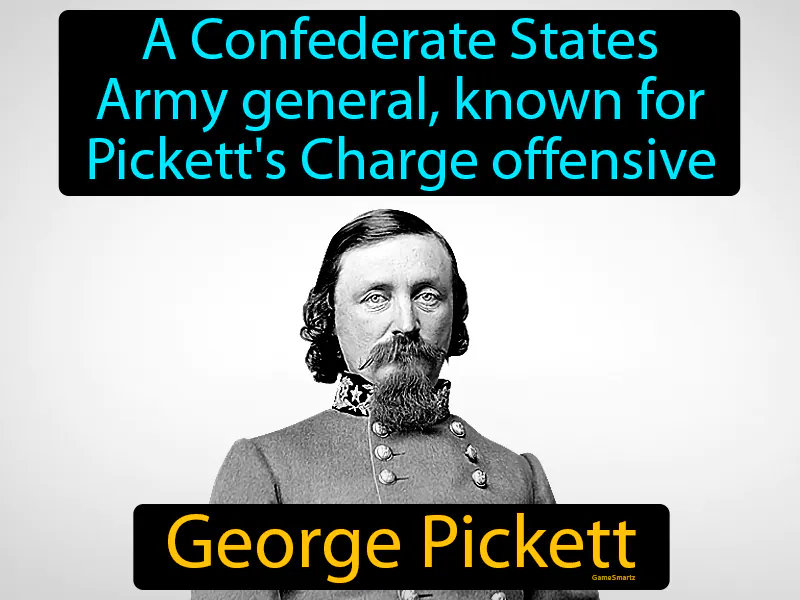
A Confederate States Army general, known for Pickett's Charge offensive
George Pickett
A Confederate States Army general, known for Pickett's Charge offensive. George Pickett. George Pickett was a general famous for leading a disastrous attack at the Battle of Gettysburg during the American Civil War.
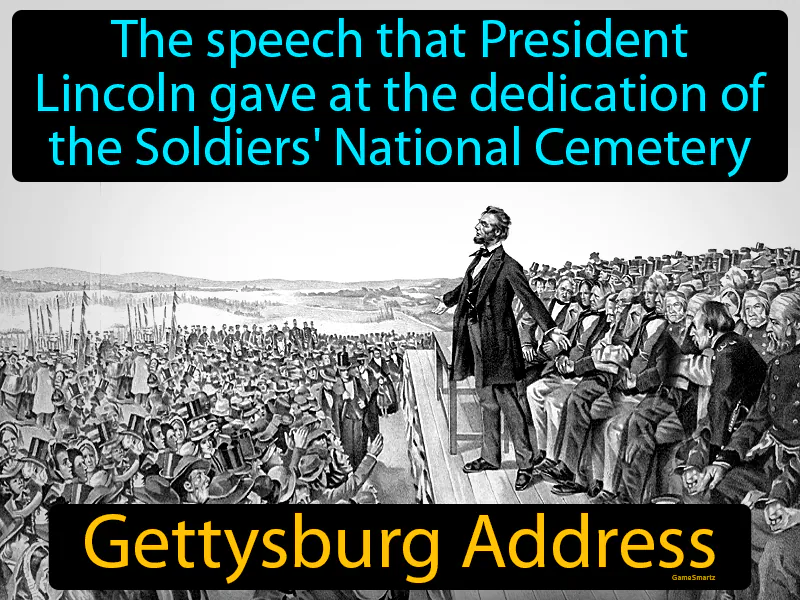
The speech that President Lincoln gave at the dedication of the Soldiers' National Cemetery
Gettysburg Address
The speech that President Lincoln gave at the dedication of the Soldiers' National Cemetery. Gettysburg Address. The Gettysburg Address is a famous speech by President Abraham Lincoln during the American Civil War, emphasizing the principles of equality and national unity.
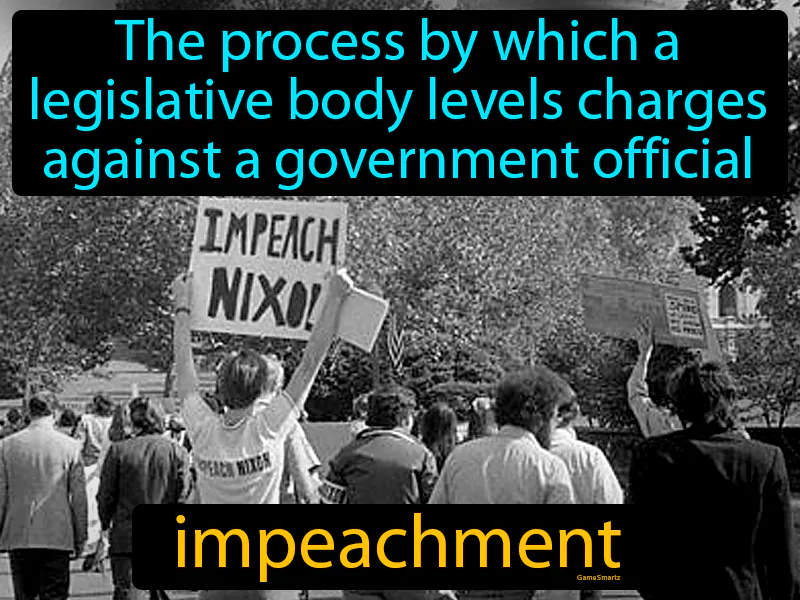
The process by which a legislature's lower house brings charges against a government official
Impeachment
The process by which a legislature's lower house brings charges against a government official impeachment. Impeachment is when a government official is accused of wrongdoing and put on trial to decide if they should be removed from office.
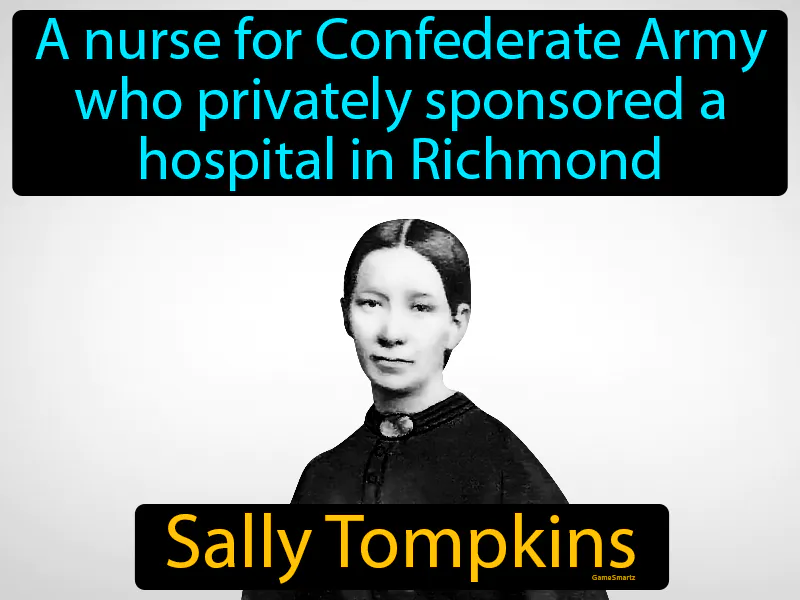
A nurse for Confederate Army who privately sponsored a hospital in Richmond
Sally Tompkins
A nurse for Confederate Army who privately sponsored a hospital in Richmond. Sally Tompkins. She was the only female commissioned officer in the Confederate Army and ran a highly successful hospital during the Civil War.
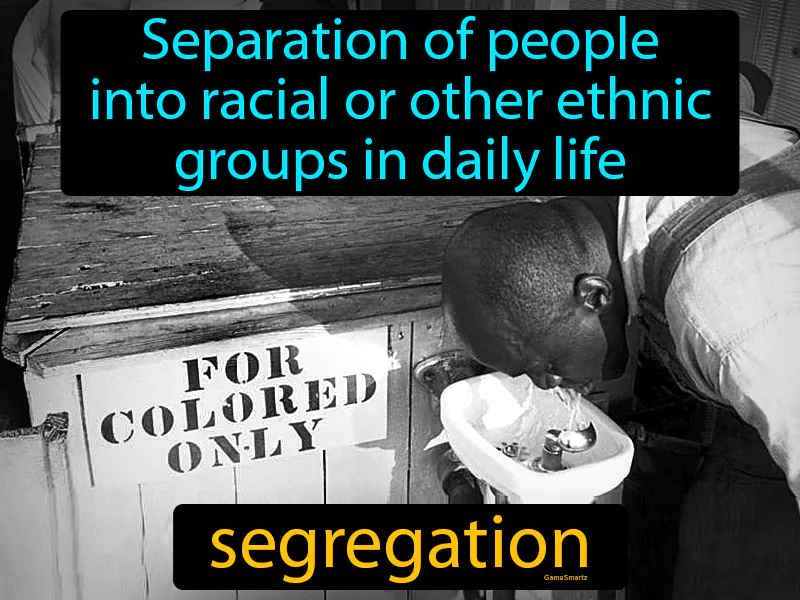
Separation of people into racial or other ethnic groups in daily life
Segregation
Separation of people into racial or other ethnic groups in daily life. Segregation. Segregation was a practice, especially in the United States, where people of different races were kept apart in public places, schools, and housing.
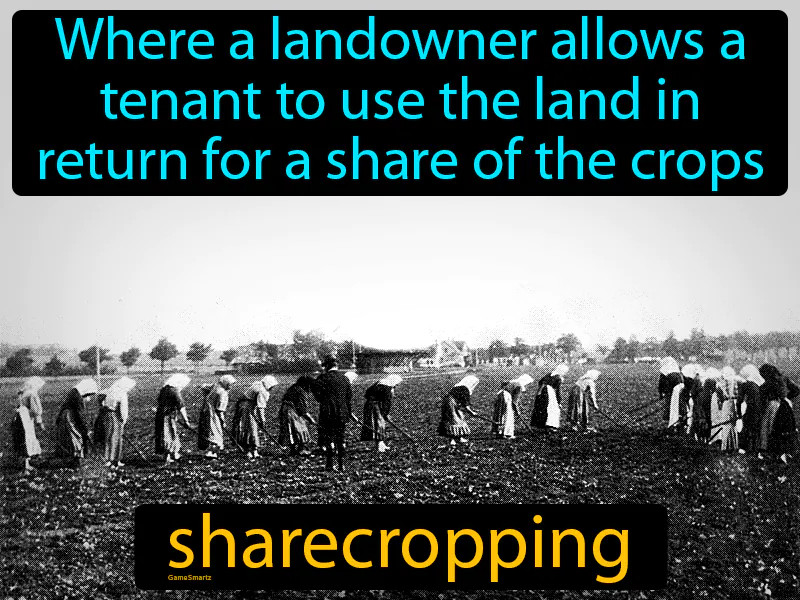
Where a landowner allows a tenant to use the land in return for a share of the crops
Sharecropping
Where a landowner allows a tenant to use the land in return for a share of the crops. Sharecropping. Sharecropping was a system used after the Civil War where freed slaves and poor farmers worked land owned by others for a share of the crops.
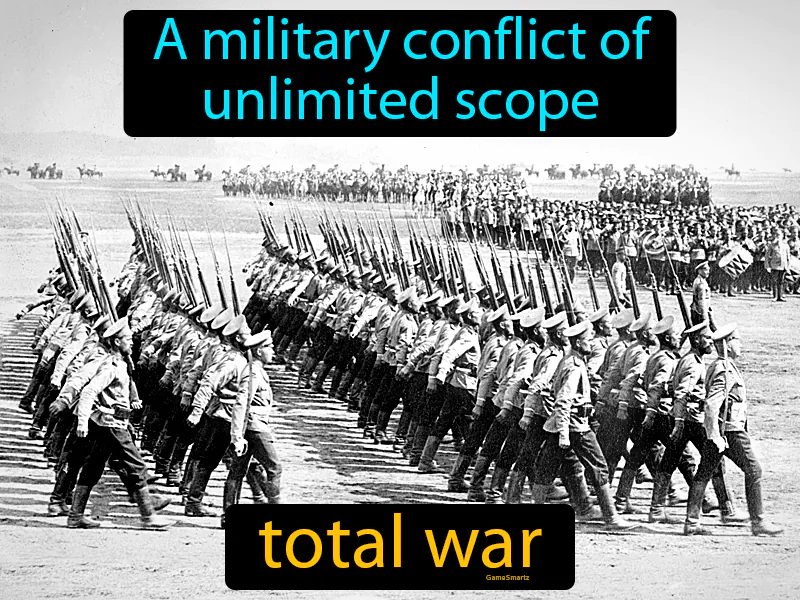
A war that is unrestricted of the territory or combatants involved
Total war
A war that is unrestricted of the territory or combatants involved. Total war. In history, total war refers to conflicts where nations use all resources and means, affecting civilians and soldiers alike, to achieve complete victory.

